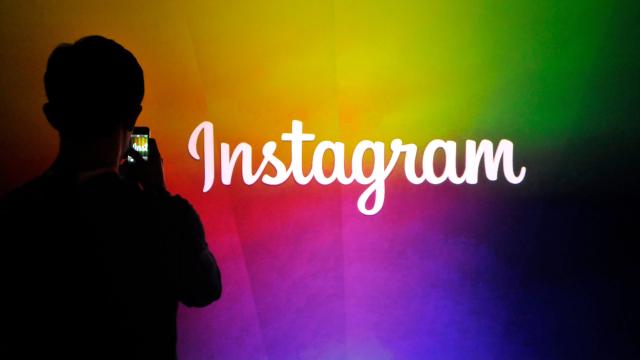Following a two year investigation by UK authorities into undisclosed #sponcon running rampant on Instagram, the platform — and its parent company, Facebook — are following their suggestions to make it a bit harder for influencers to sneak covert ads onto our feeds.
One of the biggest changes here, per a statement put out earlier today by the UK’s Competition and Markets Authority (CMA), is that the platform will be expanding the tools that Instagrammers use to disclose so called “paid partnerships” with brands so that anyone can easily use them, even if they’re not a Big Name Influencer. All of these users will also be “prompted” to confirm whether they’re being incentivised to promote a given product before posting about it, and “require them” to disclose these facts clearly if they are.
These new mandates are going to apply to all Instagram users across the world, and as part of these terms, Instagram promised to “report its progress” on these crackdowns to the UK regulators on a regular basis.
How this will be enforced is… not very clear. One of the CMA’s requirements is that the platform “use technology and algorithms” meant to sniff out when users haven’t disclosed that one of their posts might be a sneaky sort of ad, and then “report” those users to the companies they’re promoting. But if there’s one thing that Facebook’s proven to be terrible at, it’s moderation. Even though Zuckerberg’s been touting the power of Instagram’s AI-powered moderation tech for years, that tech’s proven to be kind of a crapshoot when it comes to detecting everything from hate speech to literal murder.
Then there’s the question of what kind of muscle the UK regulators have that those in the US don’t. After all, the reason that Instagram rolled out its “paid partnerships” feature in the first place was because of an FTC warning that was issued more than three years ago, after the Commission found more than ninety big-name influencers and celebrities hawking promoted products without disclosing they were promoted in the first place. The fact that the CMA felt it necessary to open its own investigation more than a year later, and then come out with these new mandates, indicates that Instagram either doesn’t care about the issue, or that the scale is too big to stop these sorts of non-spon sponcon posts from proliferating.
And that scale isn’t getting any smaller. One 2019 study found more than 500,000 active influencers influencing their way across Instagram, with close to an estimated five million sponsored posts between them. Analysts estimate that number to rocket past six million posts by the end of this year, netting anywhere from five to six and a half billion ad dollars for the platform during that time.
We’ve reached out to Facebook for comment on the CMA’s announcement, and will update here when we hear back.
